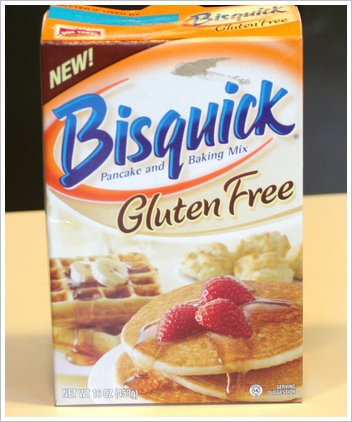In previous posts, I've mentioned what are called the subjects and objects of sentences.
- In layman's terms, a subject is what (or whom) the sentence discusses. Check it: Mary had a little prairie dog (come on, the lamb is so cliché). About whom is the sentence? Yes, grasshopper, it is MARY. After all, there's just something about that Mary, so Mary is the subject.
- The object is what receives the action of the sentence. For example, if you said, "Ow, you flicked my wenis!" In this sentence, the action word is "flicked." What was flicked? In other words, what is the object that receives this action? Who or what feels the flicking? Yes, the wenis. Therefore, wenis is the object.
Me is always the object in a sentence. I is always the subject/doer of an action. (Man, if you read those two sentences out of context, it'd look like I sure did have me some bad grammar.)
Let's take a roll in the proverbial, asexual hay and try out me and I.
Part 1: Me (remember, it is the object in a sentence.)
- Santa said to little Sally, who always eats her broccoli because her mommy says Santa brings only coal to boys and girls who do not eat their greens, "I cannot believe you sat on me and farted. You are not sugar and spice and everything nice. You are flatulence and lice and you'll pay the price. No presents for you."
- Mr. Gingerbread Man saw the rotund boy come at him with a glass of milk and a hungry sneer. He cried, "No! No! Do not eat me, dough boy!"
- I have got a lovely bunch of coconuts. Dee da la dee. There they are a standing in a row.
- Yes, I ate all of the cookies in the cookie jar. What are you going to do about it? Huh? Get at me!
TEST: Take the friend out of the equation to see if the sentence makes more sense with I or me.
- Incorrect Example: He and me played Polly Pockets until the cows came home.
- Take out "he." Me played Polly Pockets until the cows came home.
- Unless you are a caveman, then you would say, "I played Polly Pockets...."
- Therefore, put he back into the equation: He and I played Polly Pockets until the cows came home. (I really should have picked a shorter sentence.)
- Incorrect Example: Mom is taking her and I to play Dungeons and Dragons in Draco's basement.
- Take out "her." Mom is taking I to play Dungeons and Dragons in Draco's basement.
- Perhaps you have been indulging in D&D a little too long and your brain is a bit charred. Well, douse your neurons with a some water and take note.
- The correct sentence would read Mom is taking her and me to play D&D in Draco's basement. (Note: In this situation, many people would substitute "her and me" for "us.")
- Remember our earlier lesson about subjects and objects? Well, here's the break down:
- He, she, they, and we are all subjects.
- He pooped.
- She pooped.
- They pooped. (Hopefully not in the same room)
- We pooped. (We kept our eyes closed.)
- Him, her, them, and us are all objects.
- He poked him.
- He poked her. (I read this post to my husband, and he argued that saying "he" poked her sounds sexual, which automatically makes the sentence much funnier. Thus, we have "He poked her" instead of "She poked her.")
- They poked them.
- They poked us. (Saying we poked us sounds much too much like self pleasure, and it's just weird.)










